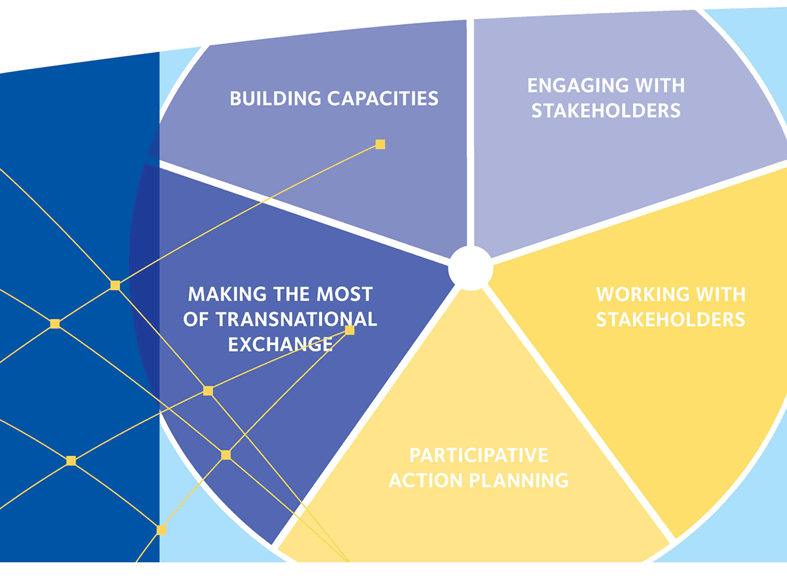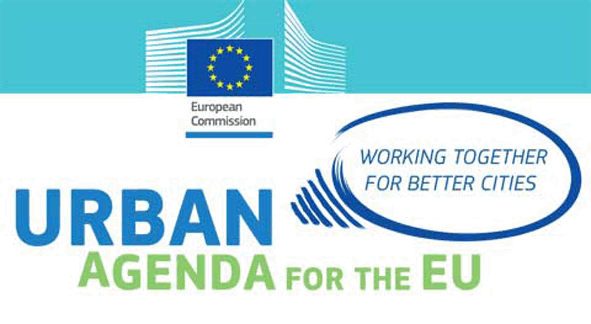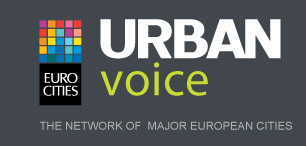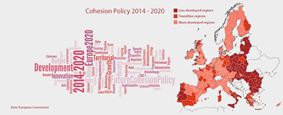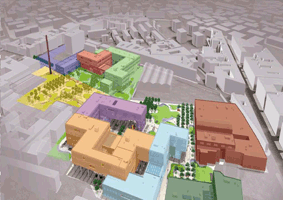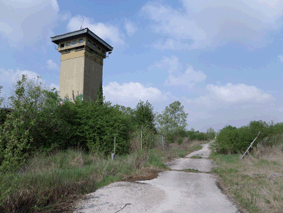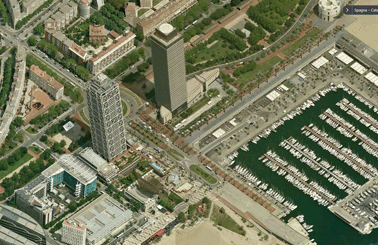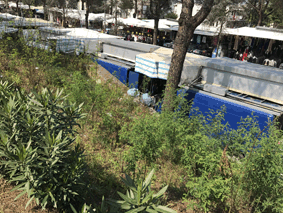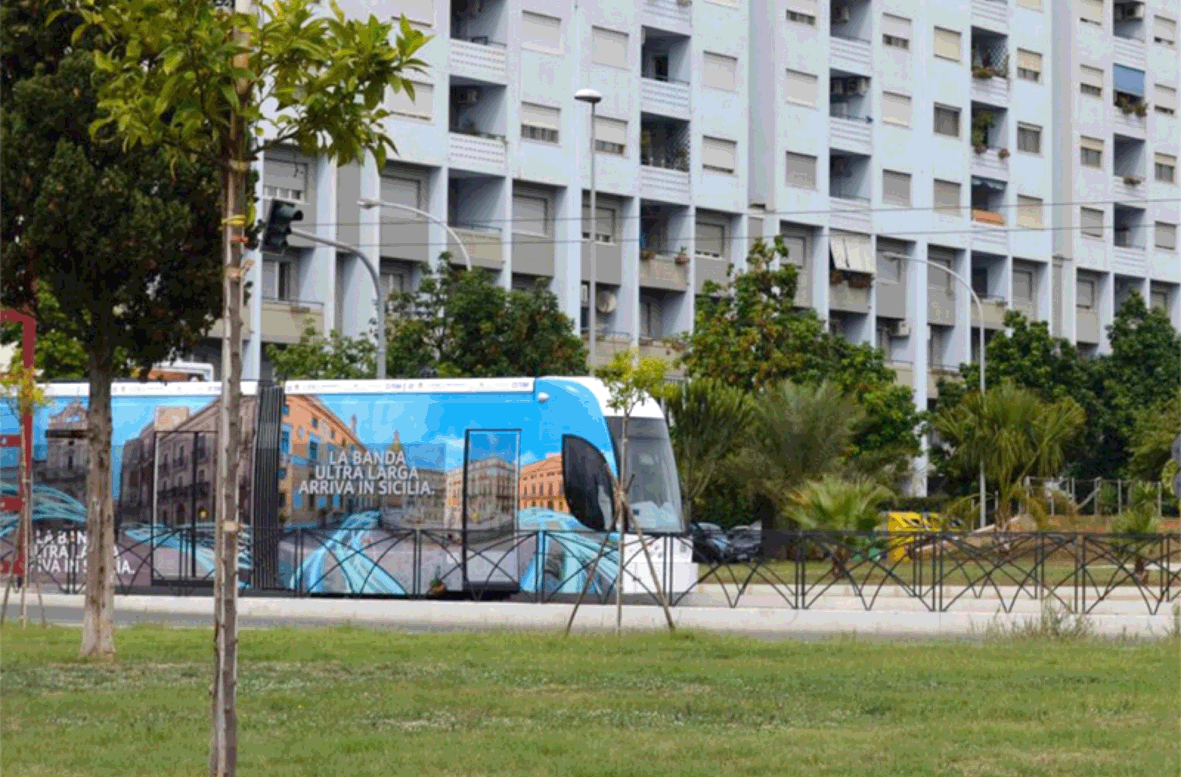No. 18 (2017): Urban regeneration in the EU

During the last three decades the European Union (EU) has paid growing attention to the key role that cities play in the development of the European territory and their potential contribution to tackling the economic, climate, environmental and social challenges that the EU continues to face.
Due to this awareness, a complex process of urban regeneration policy-building has taken place within Community institutions since the late 80s.This has led to the definition of what we could call today the EU urban policy, a policy field that has been formalized through the launch of a number of non-compulsory tools of different types particularly oriented to support the Member States (MS), the regions, the cities, and other stakeholders to face the problems of decline of their urban areas.
The URBAN Community Initiative has been largely recognized as the most influential tool launched in this regard. The so-called URBAN method and the Urban Acquis of the EU are based on its integrated, collaborative and innovative approach to urban regeneration. It was also assumed in the “urban mainstreaming” vision adopted in the context of the Cohesion Policy from 2007, in which its guiding principles aimed to be integrated into the operational programs of the Member States.
In the new programming period (2014-2020) the urban dimension of the Cohesion Policy has been reinforced. In this framework, MS are obliged to earmark at least 5% of their allocations of the European Regional Development Fund (ERDF) to support integrated sustainable urban development strategies. In addition, new tools have been introduced to foster innovative and integrated urban action (the Urban Innovative Actions, the Urban Development Network). Together with the continuation of existing initiatives such as URBACT, these and other policy instruments have the objective of fostering the EU support to urban regeneration with an integrated approach.
This issue of TRIA focuses on urban regeneration in the EU. Its aim is to address the policy action summarized, from the recognition that scholarly research on it remains very limited. The objective is to contribute to a better understanding of the general scenario and to bright the attention of the scientific community, policy-makers and other relevant stakeholders to the relevance of the critical analysis of the action undertook to advance to sustainable urban development.

